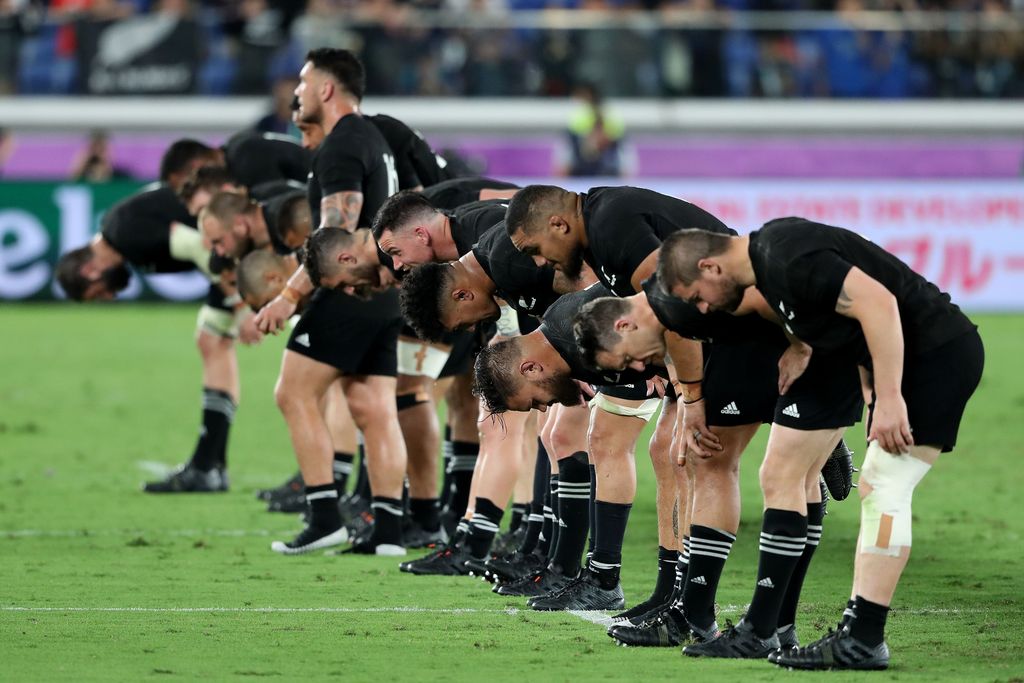TOKYO, 29 Oct - While New Zealand and Wales would have been hoping for greater glory going into Rugby World Cup 2019, they still have much to play for in Friday's bronze final.
Recent editions have served as a platform for the stars of the future to make their mark, and teams typically use it as an opportunity to begin rebuilding for the next World Cup.
Six of the Springboks XV who started the bronze final against Argentina four years ago played in their RWC 2019 opener against New Zealand.
In addition, the man of the match four years ago was Damian de Allende, who has since established himself as one of the team's pivotal figures at inside centre, scoring a brilliant individual try against Wales in Sunday's semi-final.

New Zealand will be making their fourth appearance in a bronze final, the most by any country. The last time was back in 2003 when they put six tries past France in a 40-13 victory, with a 21-year-old Dan Carter kicking four conversions.
The only time they have failed to win it was back in 1999 when they lost 22-18 to South Africa. Having not lost to Wales since December 1953, the team will be confident of returning to winning ways.
All Blacks coach Steve Hansen recognises the bronze final will be important for fuelling future success - and give departing team members such as Ben Smith and Ryan Crotty, pictured above, the opportunity to sign off in style.
"It's massively important," said Hansen. "This team will never be together again. No team goes from year to year. We all know that some people are moving on. It's an opportunity to express some things that we find particularly special about being an All Black. We've got to represent the legacy of the jersey and those who have come before us by showing we can play well again."
For the neutrals, it should be an entertaining game if the previous eight bronze finals are any guide.
While World Cup finals can be cagey affairs, the bronze final is typically free-flowing, with teams removing the shackles to try to end their tournament on a high.
There has been only one occasion when the bronze final did not yield at least 20 points - when New Zealand beat Scotland 13-6 in 1991 - with an average of 38 points scored.
RNS dc/mr
